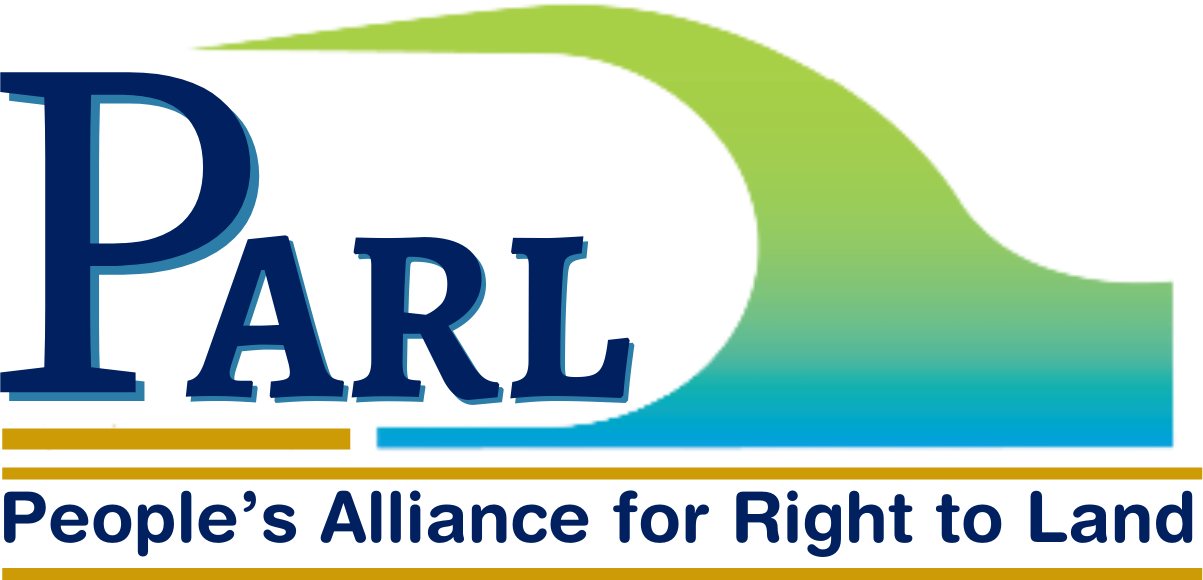The need for Nature-based Solutions (NbS) that integrate equity and address the unique challenges of South Asian cities will be the focal point of a two-day Policy-Lab scheduled to take place on August 22-23, 2023, in Colombo, Sri Lanka. Colombo Urban Lab will be one of the collaborating partners at this event together with People’s Alliance for Right to Land (Sri Lanka), Transitions Research (India) and International Centre for Climate Change and Development (Bangladesh). The event, supported by the Stockholm Environment Institute’s Strategic Collaborative Fund, aims to reframe NbS within the region’s social, political, and economic context, focusing on the growing urban areas.
The Policy Lab, entitled ‘Integrating Equity and Reframing Urban NbS in South Asian Cities,’ will bring together diverse participants, including knowledge partners, policymakers, think tanks, civil society organisations (CSOs), and the private sector players from different South Asian Countries, including Bangladesh, Bhutan, India, Nepal, Pakistan, and Sri Lanka. During the event, participants will engage in intensive discussions and critical analysis of the current framing of NbS, enabling fruitful exchanges of ideas, diverse perspectives, and robust debates, with the ultimate goal of co-creating a new framework for socially just, eco-friendly, and robust urban areas in South Asia.
Research highlights the growing global attention towards NbS and its potential to address development, climate, and biodiversity issues. However, South Asian cities have yet to prioritise the implementation of NbS, despite the region’s rapidly increasing urbanisation and projected population growth of approximately 250 million within the next 15 years. The Policy Lab aims to bridge this gap by aligning NbS with the context of South Asian cities, ensuring social justice, low carbon emissions, and climate resilience.
Initial stakeholder consultations with partners across the region indicate that stakeholder engagement processes in NbS projects within urban settings are limited, with community involvement often occurring only during the monitoring and evaluation phases of projects. In order to ensure that NbS projects are successful and inclusive, it is imperative to create safe spaces and encourage a culture of shared learning. Neglecting marginalised communities and excluding them from such projects can worsen existing inequalities. Therefore, it is crucial to address these issues. Moreover, effective NbS planning necessitates partnerships and innovative policies involving urban local bodies and national-level organisations.
The upcoming Policy-Lab event will be instrumental in shaping the future of nature-based solutions in the region. The event aims to foster socially just, sustainable, and resilient cities in South Asia through knowledge co-creation and co-learning with diverse stakeholders for addressing the complexities of urban socio-political contexts.
For media inquiries and further information, please contact:
Ronika Postaria
Transitions Research
hello@transitionsresearch.org
About Transitions Research (India): Transitions Research is a social science research collective studying sustainable transitions pathways for India’s future. In the past, they have established India’s first Urban Living Lab and worked directly with cities and communities in urban flooding and NbS, gender, and sustainable development urban governance. They have
also organised many policy labs and regional dialogues to facilitate innovation and co-create action pathways.
About Colombo Urban Lab (Sri Lanka): Colombo Urban Lab works towards equitable and sustainable cities in Sri Lanka. They work on critical themes such as food environment, housing, infrastructure, and livelihood anchored to ethical engagement with communities in Colombo.
About International Centre for Climate Change and Development (Bangladesh): ICCCAD’s mission is to gain and distribute knowledge on climate change and, specifically, adaptation and loss and damage and thereby helping vulnerable communities to adapt to climate change in the country and global south through evidence-based research, local experience, knowledge dissemination, capacity building, and advocacy.
About People’s Alliance for Right to Land (Sri Lanka): PARL is a coalition of CBOs and individuals working on broad issues related to land rights – from dams, to legal rights, to the environment, agriculture to gender – in Sri Lanka.
This event is funded by the Government of Sweden (SIDA) through SEI Asia’s Strategic Collaborative Fund for the project ‘Integrating Equity and Reframing Urban NbS in South Asian Cities’.





